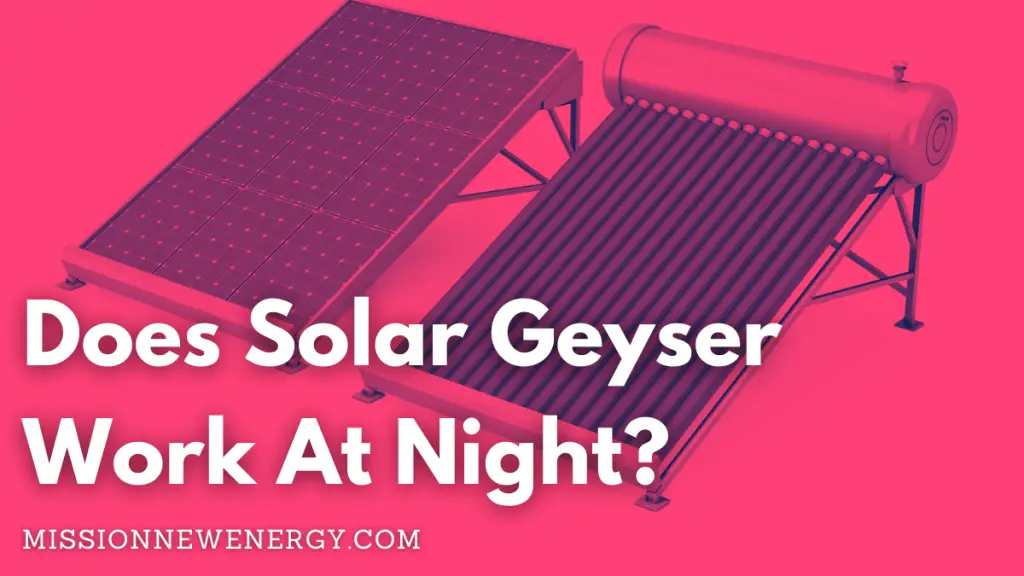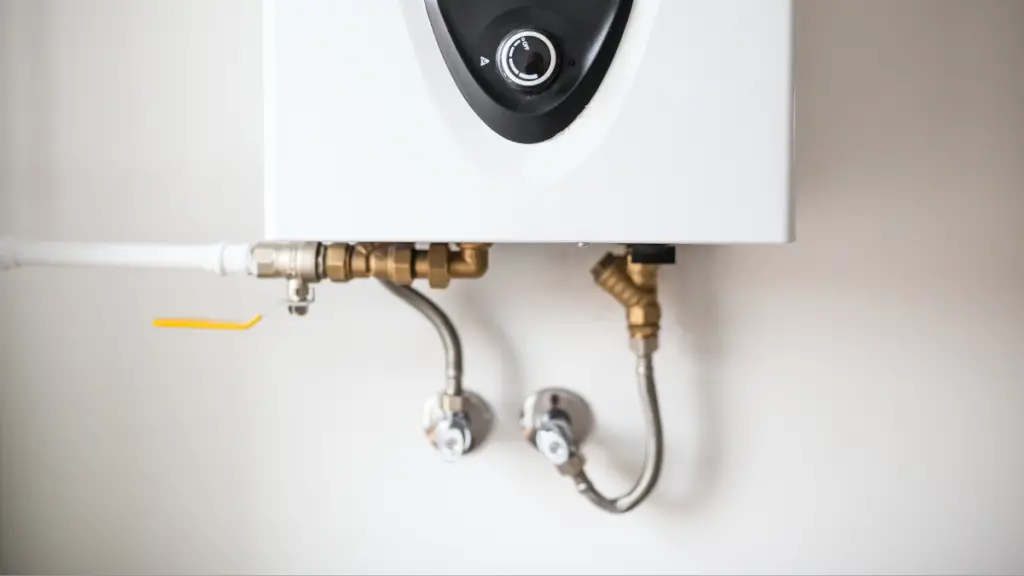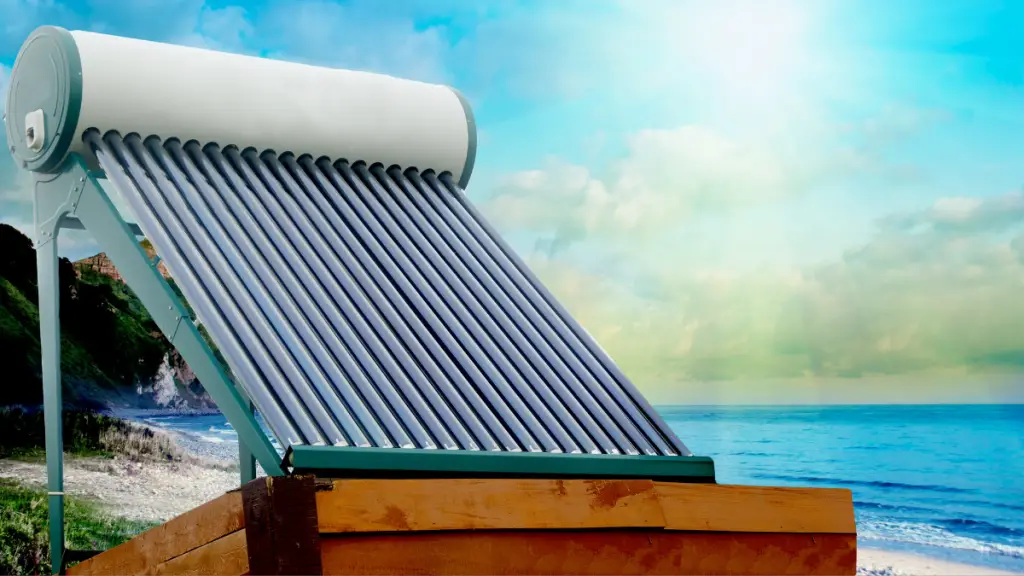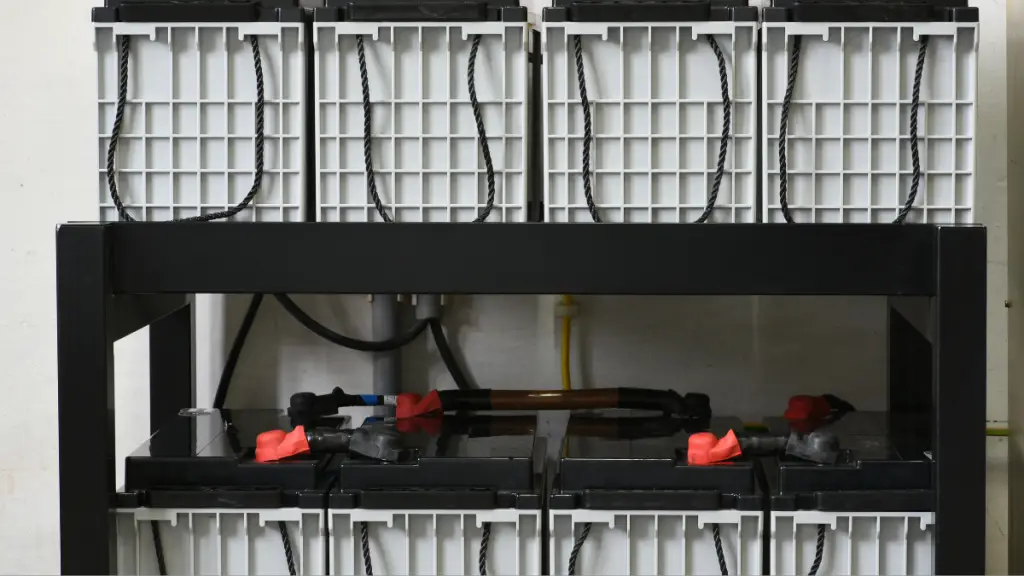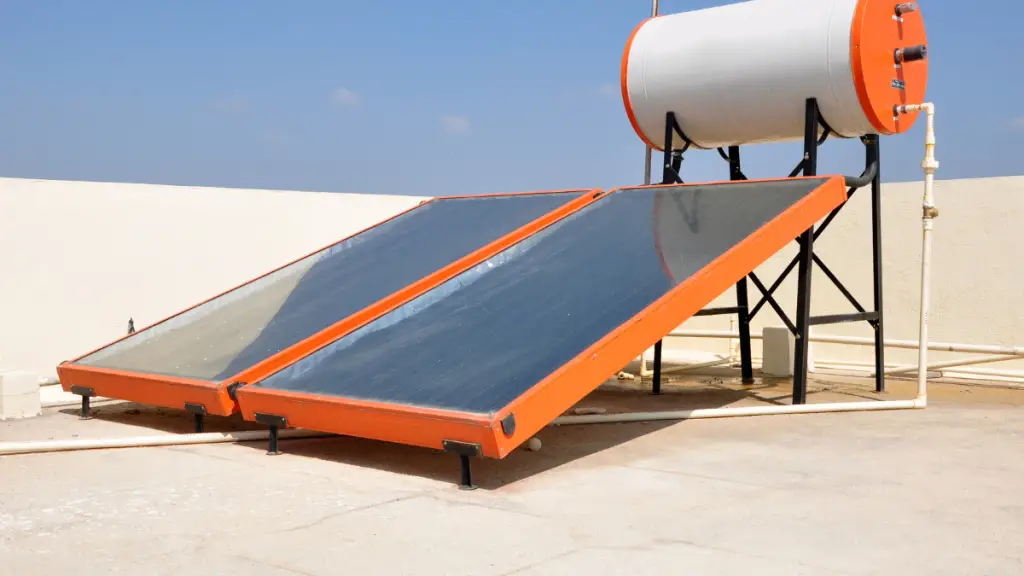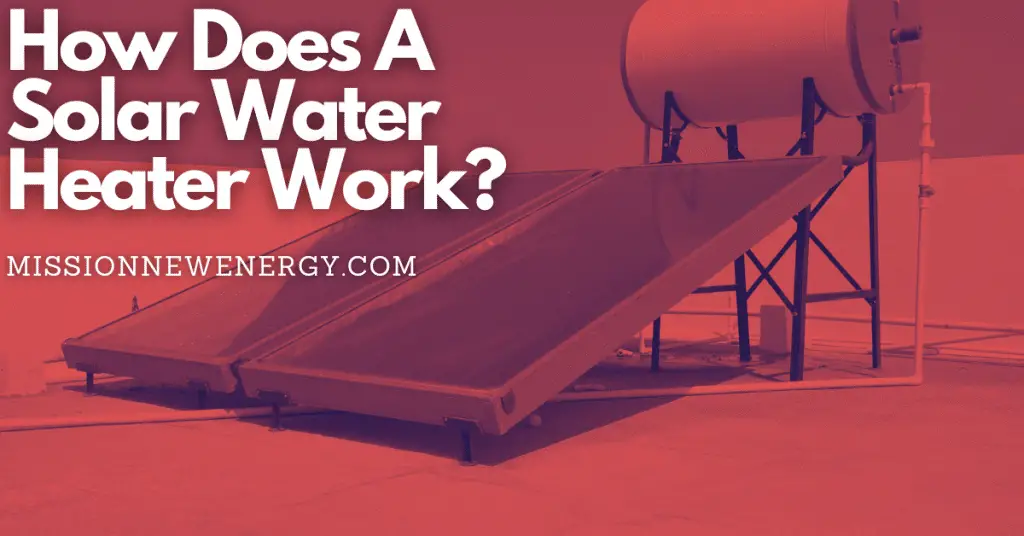Solar geysers have become an increasingly popular choice for many households, offering a cost-effective and environmentally friendly alternative to traditional water heating methods.
However, many still have questions about the effectiveness of solar geysers, particularly when it comes to their ability to provide hot water at night.
In this article, we will explore whether solar geysers work at night and explain how these systems function and how they can be optimized to ensure a consistent hot water supply even during periods of low or no sunlight.
Does Solar Geyser Work At Night?
Solar geysers are designed to use the sun’s energy to heat water during the day and store it for later use. However, they can still provide hot water at night, depending on the specific system and its components.
Most solar water heaters have a storage tank that holds the hot water until it is needed. The tank is well insulated to maintain the water temperature for longer.
Typically, a backup unit like a gas or electric water heater is installed to augment heating on cloudy days and at night when the solar panels are not exposed to the sun’s rays.
Solar technology can generate significant savings by reducing energy use and providing clean energy without relying on fossil fuels.
Installing a solar water heater system can be a wise investment that can replace or complement the use of an electric power water heater.
The advantages of using a solar water heater far outweigh the initial investment, saving families and businesses money in the long run while reducing their carbon footprint.
Advantages and Disadvantages of Solar Water Heaters
Solar water heaters are becoming increasingly popular due to their ability to provide hot water while reducing energy costs and minimizing reliance on fossil fuels.
One of the main advantages of solar water heaters is their ability to generate clean energy using sunlight, which can help reduce greenhouse gas emissions and improve sustainability.
Additionally, solar water heaters can save money in the long run by reducing energy bills and qualifying for government incentives.
However, some disadvantages of solar water heaters include their high initial cost, which can be a barrier to entry for some consumers, and their dependence on sunlight, which can be limited on cloudy days or during the winter.
Additionally, maintenance and repair costs can be higher for solar water heaters compared to conventional electric or gas water heaters.
Despite these drawbacks, solar water heaters remain an environmentally-friendly and cost-effective option for many homeowners and businesses.
Are Solar Water Heaters Cost-Effective?
The answer is a resounding yes! Solar water heaters are an excellent way to reduce your annual hot water costs by up to 50% and can provide long-term savings on energy bills.
Solar water heaters use the sunbeam to generate hot water, eliminating the need for electricity or gas. Additionally, they are easy to install and require minimal maintenance.
Investing in a solar water heater is an environmentally friendly and cost-effective way to reduce energy bills while helping the environment.
Backup Options for Solar Water Heaters: Gas or Electric?
Backup options for solar water heaters are essential to ensure that you have access to hot water even when the sun isn’t shining.
Gas or electric backup systems are a great way to supplement your solar water heater and provide reliable hot water.
Gas backup systems are typically more cost-effective than electric, but electric options can be more convenient and require less maintenance.
Ultimately, the best option for you depends on your budget, lifestyle, and energy needs.
Does Solar Water Heater Work In Winter?
Solar water heaters can still generate hot water in the winter, although their efficiency may be reduced.
Systems installed in colder climates should have freeze protection, and snow will melt off the collectors during the day.
Active closed-loop systems are best for cold regions as they circulate heated water from solar collectors to a storage tank.
Solar water heaters can provide hot water yearly with proper installation and maintenance.
Does Solar Water Heater Works In Rainy Season?
Solar water heaters are designed to withstand rain and other types of weather, so they will continue to provide hot water even when it’s raining outside.
Additionally, solar water heaters are designed with an insulated tank that helps keep the hot water warm even when the sun isn’t shining.
So you can rest assured that your solar water heater will continue to provide hot water no matter what the weather is like outside.
How Long Does It Take For A Solar Geyser To Heat Up?
On average, it takes 4-6 hours of direct sunlight for a tank of 26 gallons to heat up thoroughly.
However, the time it takes may vary depending on factors such as cloud cover, season, and temperature.
Additionally, electric elements can supplement solar heating if the water is not hot enough. With the proper setup and maintenance, you can enjoy hot water with minimal effort and cost.
How Long Does Water Stay Hot In A Solar Water Heater?
The time it takes for the water to become hot depends on several factors, including the size of your tank, the type of solar collector used, and the amount of sunlight available.
Generally speaking, it can take five to six hours for a full tank of cold water to become hot enough for use.
The good news is that once warm, your solar water heater will stay warm for much longer than that.
Depending on weather conditions and other factors such as insulation, a solar hot water heater can keep your home’s supply of hot water warm for days or even weeks.
How Solar Collectors Heat Water: Working Principle
Solar collectors are devices that absorb and concentrate solar radiation from the sun to heat water. They work on the principle of the greenhouse effect, where solar radiation is transmitted through a transparent surface and absorbed by an absorber plate.
This absorbed energy is then transferred to a thermal fluid, which in turn heats up the water.
Solar collectors come in various types, such as flat plate collectors, evacuated tube collectors, and parabolic troughs.
Each type has its unique characteristics and advantages for heating water efficiently.
How to Choose Between Flat Plate and Evacuated Tube Collectors
When choosing between flat plate and evacuated tube collectors for solar water heating, it is essential to consider the climate in which they will be used.
Evacuated tubes are more efficient in retaining heat and perform better in cold temperatures, while flat plates are more susceptible to damage from snow and ice.
Flat plates are cheaper collector-to-collector, but when considering the price, one should also factor in the efficiency of each type of collector.
In sunny climates with mild temperatures, a flat plate collector may be sufficient; however, if you live in an area with colder temperatures or frequent snowfall, an evacuated tube collector may be the better option.
Solar Water Heater Maintenance: What Homeowners Need to Know
Homeowners should be aware of the importance of solar water heater maintenance. Solar water heaters use the sun’s energy to heat water, which is then stored in a hot water tank.
The solar collector, typically made from a vacuum tube, absorbs the rays of sunlight and transfers them to a heat transfer fluid that circulates through the system.
This fluid then heats the water in the hot water tank, providing enough hot water for your daily needs.
Regular maintenance is necessary to ensure that your solar water heater is working at its peak efficiency and to prevent any problems from occurring.
Maintenance includes checking for any leaks or damage to the system, inspecting the solar collector and ensuring that it receives adequate exposure and heat absorption, and flushing out any sediment buildup in the tank.
Additionally, it is vital to have a backup gas or electric water heater on hand in case your solar system fails or does not provide enough hot water during cold winter nights.
With proper maintenance and care, you can ensure that your solar water heater will provide you with reliable hot water for years to come.
Solar Water Heaters vs. Electric Water Heaters
When choosing a water heating system for your home, solar and electric water heaters are two standard options.
While electric water heaters are widely available and require no additional installation costs, they consume a significant amount of electricity and contribute to high energy bills.
Solar water heaters, on the other hand, utilize the sun’s power to heat water and have low operating costs.
While they require an initial investment for installation, solar water heaters can save homeowners money in the long run and significantly reduce their carbon footprint.
Additionally, solar water heaters can operate independently of the electric grid, providing a reliable source of hot water during power outages.
While electric water heaters may seem convenient, solar water heaters offer a more sustainable and cost-effective alternative.
Understanding Solar Water Heating Systems
Solar water heating systems use the energy from the sun to capture, absorb and store heat from solar radiation.
A typical system consists of solar panels mounted on the roof that collect solar energy, a hot water storage tank, a circulating pump, and associated controls that transfer the heat to the domestic hot water system.
Heat is transferred by a fluid medium such as a glycol solution or an antifreeze solution through an array of flat plate or vacuum tube collectors.
Collectors are placed in direct sunlight and absorb solar radiation, raising their temperature; this heat is then transferred to a thermal reservoir consisting of a stainless steel inner tank surrounded by insulation.
From there, it is pumped into a gas or electric water heater, which mixes with cold water and is then heated until reaching desired temperatures.
The excess solar energy collected in the evening can be used for other activities or stored in batteries connected to the backup unit, which helps keep temperatures above freezing even at night.

